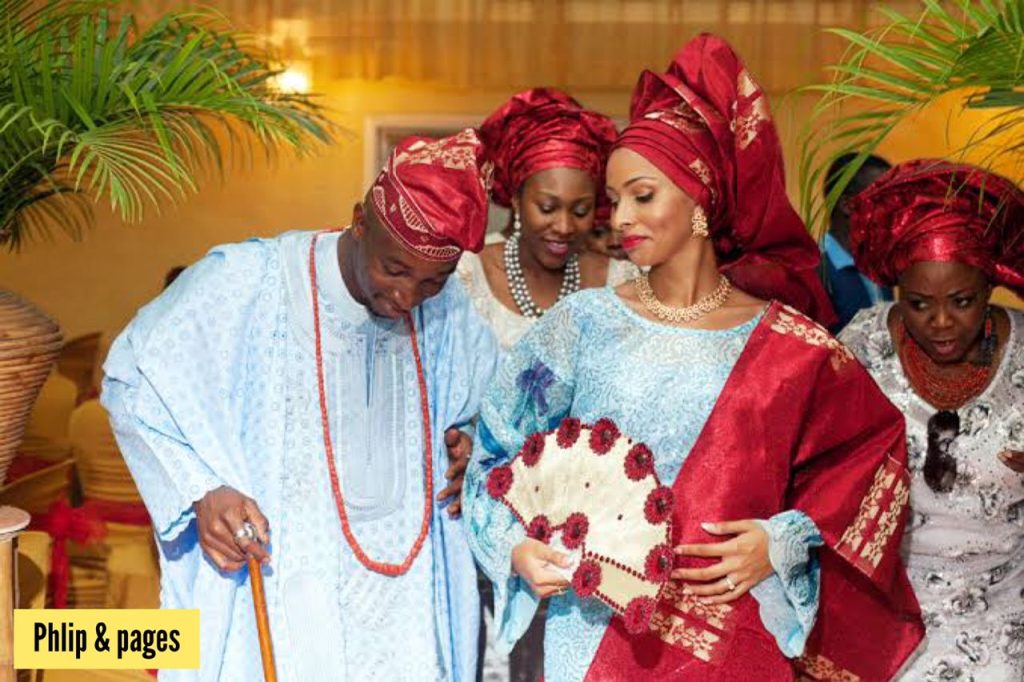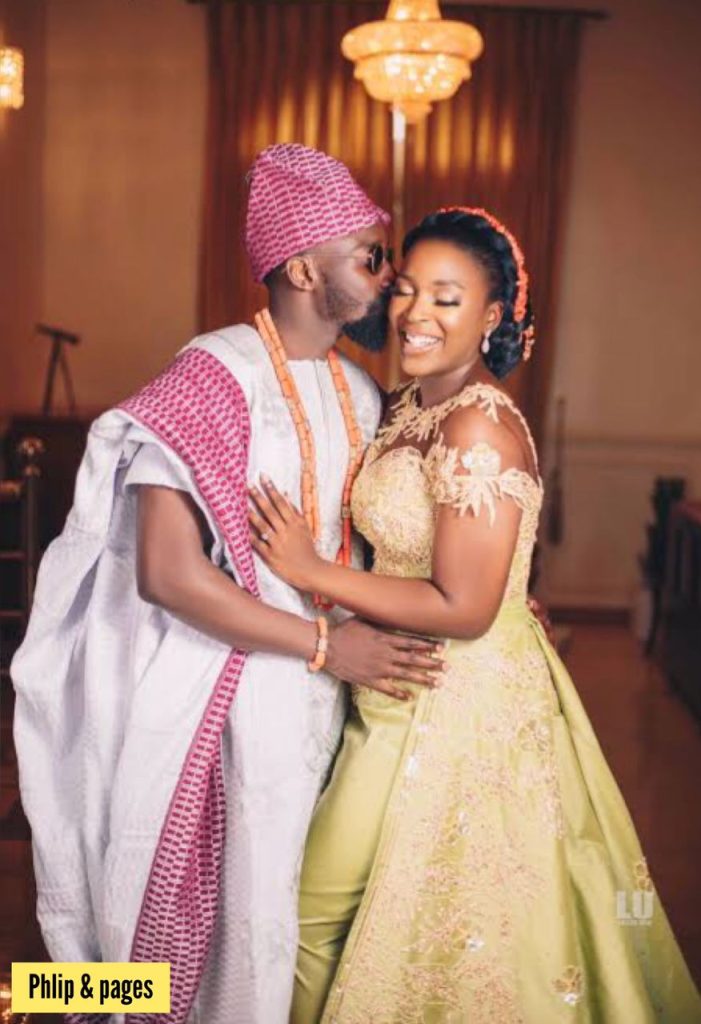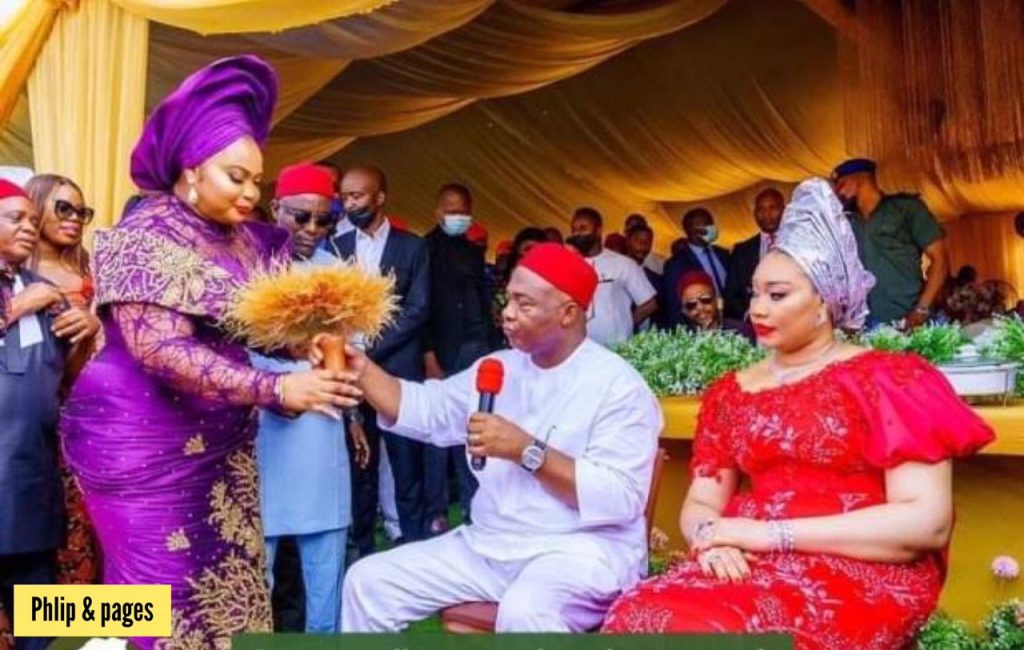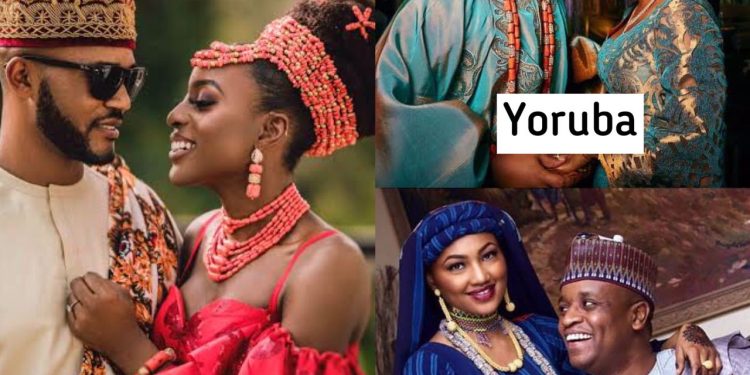Love knows no boundaries, and in Nigeria, interethnic relationships have become increasingly prevalent. These unions bring together individuals from different ethnic backgrounds, fostering a beautiful tapestry of diversity. However, they also present unique joys and challenges that require a delicate balance of unity and understanding. In this article, we will explore the dynamics of interethnic relationships within Nigeria, highlighting both the rewards they offer and the hurdles couples may encounter along their journey.
Celebrating Diversity:

Interethnic relationships provide an opportunity for couples to celebrate the rich cultural heritage represented by each partner’s background. By embracing traditions, languages, cuisines, and customs from both sides, these couples create a vibrant blend that enriches their lives. They have the chance to partake in festivals like Igbo’s “New Yam Festival,” Yoruba’s “Ogun Festival,” or Hausa’s “Durbar Festival,” immersing themselves in new experiences while forging deeper connections with their partner.
Navigating Differences:

While celebrating diversity is vital in interethnic relationships, it is equally important to navigate differences with patience and open-mindedness.
- Communication: Effective communication becomes paramount when partners come from different ethnic groups as language barriers or varying communication styles may arise. Couples must establish open channels where they can express their thoughts openly while being attentive listeners to ensure mutual understanding.
- Family Dynamics: Each ethnic group has its own unique family dynamics and values which can influence relationship dynamics significantly. Partners should strive to understand each other’s family expectations while establishing boundaries that respect both sets of traditions.
- Cultural Sensitivity: Being culturally sensitive plays a crucial role in nurturing an interethnic relationship. It involves respecting religious practices, dietary preferences (such as Halal or Kosher), traditional greetings etiquette (like prostrating or handshakes), clothing choices during cultural events (e.g., Yoruba’s Aso-ebi or Igbo’s George fabric), and other cultural nuances that foster harmony between partners.
Building Unity:

Unity is the cornerstone of a successful interethnic relationship. Couples can strengthen their bond by focusing on shared values, common goals, and nurturing an environment of mutual respect.
- Shared Values: Discovering shared values helps bridge cultural gaps and creates a foundation for unity. Identifying common beliefs around family, education, career aspirations, or even core principles like honesty and compassion allows couples to align their perspectives harmoniously.
- Cultural Exchange: Engaging in regular cultural exchange activities fosters understanding and appreciation between partners. This could involve learning each other’s languages, cooking traditional meals together, attending ethnic events as a couple or with both families present – all serving as opportunities to grow closer while embracing diversity.
- Seeking Support: Interethnic relationships can benefit from support networks such as counseling services or community groups specifically designed to address the challenges faced by these couples. Seeking guidance from professionals who understand the intricacies of managing interethnic relationships can provide valuable insights and strategies for navigating potential hurdles.
In Conclusion:
Interethnic relationships within Nigeria offer immense joy through the celebration of diverse cultures while also presenting unique challenges that require unity and understanding to overcome. By embracing one another’s backgrounds with open hearts and minds, couples pave the way for a journey filled with love, growth, respect, and lifelong learning experiences. These relationships serve as powerful examples of how unity amidst diversity can create beautiful connections that transcend ethnic boundaries.
















